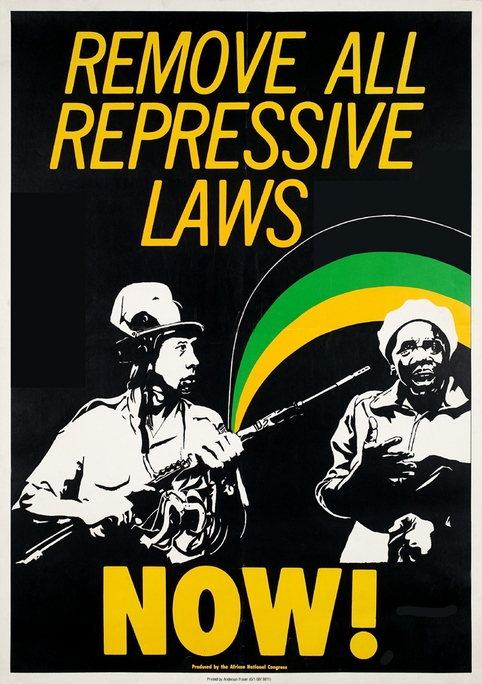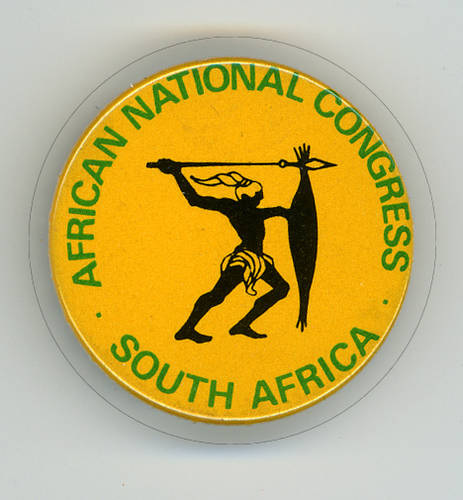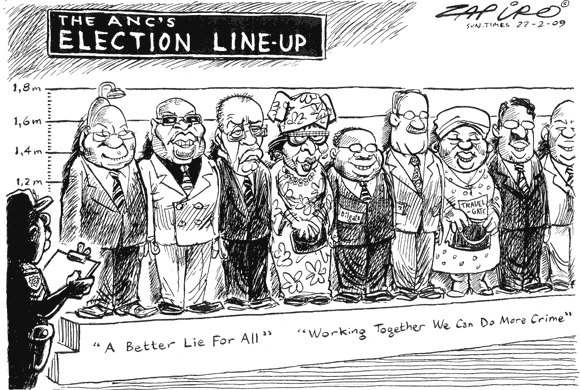African National Congress (ANC)
•The most prominent resistance to Apartheid
•Leaders were often jailed
•Wanted to create a non-racial democracy
•The National Party portrayed the ANC as a Communist organization
“The Soviet Union did provide education and military training, but were never really interested in S.A.”
•Leaders were often jailed
•Wanted to create a non-racial democracy
•The National Party portrayed the ANC as a Communist organization
“The Soviet Union did provide education and military training, but were never really interested in S.A.”
Question: Why were they portrayed as communist?
Summary: The ANC wanted to create a non-racial democracy. It's most prominent resistance was being against the Apartheid. Like Nelson Mandela, leaders of the ANC were usually imprisoned. The National Party portrayed them as a communist organization.



